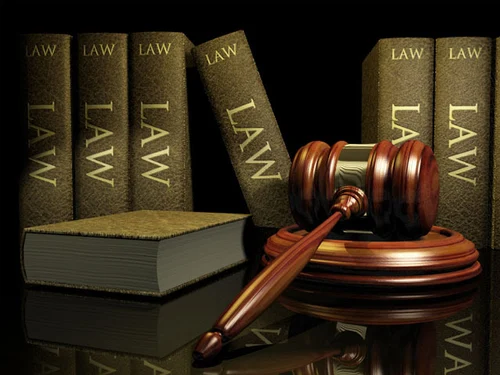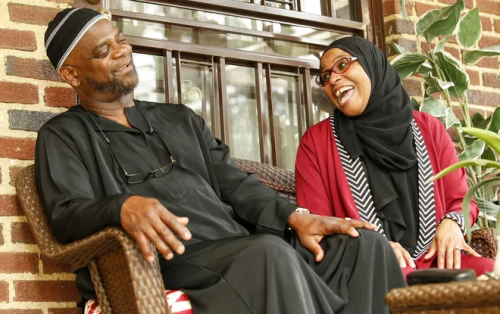What happens when you die without a valid will or trust (Intestacy)
A person is said to have died intestate when said person dies without declaring how they want their assets to be managed and/or distributed upon their demise. Therefore, dying intestate is when one dies without writing a will or setting up a trust.
When a person dies intestate, their estate is managed and distributed according to the strict laws governing intestacy and this may result in some of their loved ones like parents and siblings not benefitting or inheriting from their estate.
Administration of an Intestate’s estate.
Upon the demise of an intestate, the family and beneficiaries of the estate of the deceased hold a meeting where they appoint an administrator to manage the estate of the deceased on their behalf. The appointed administrator then applies to court for letters of administration of the estate of the deceased on behalf of the deceased’s family and beneficiaries. This application should be supported by evidence of consent given by the beneficiaries and families of the deceased.
The Administration of an estate of a person who dies intestate is usually a long, tedious and cumbersome process fraught with disputes among the deceased’s beneficiaries. Some of the challenges faced during administration of the estate of one who dies intestate include the following;
1. Delays in appointment of an administrator
There are usually delays while appointing an administrator due to failure to agree on who to carry on this role or refusal by the most suitable person to take on the role. Furthermore, due to case backlogs in Courts of law, it may take long before the court actually grants letters of administration, during which period, the estate of the deceased is left vulnerable to the hands of anyone who may mismanage it and squatters who may settle on some properties.
2. Full extent of the deceased’s estate is not known by the administrator
An administrator of the estate may not be privy to all information needed for proper administration, which usually leads to mismanagement. For example, the administrator has a task of identifying all properties owned by the deceased. He also has the task of identifying all persons who are entitled to benefit from the deceased’s estate and these include the customary heir, wife or wives, dependent relatives and lineal descendants. It is hard to identify all the beneficiaries especially when there are some that the deceased did not disclose and these usually appear during the process of administration to lay legal claim on the estate of the deceased. An administrator also has to ensure that the debts and liabilities held by the deceased at their demise are settled with proceeds from the estate and he may not be privy to that information.
3. Exclusion of some beneficiaries
There may also be persons who were close to the deceased and relied on him/her for financial support and who may not fall within the categories described in the law. These may feel the need to lay legal claim against the estate of the deceased after not being catered for and the administrator of the estate will have to defend the estate of the deceased, which can be expensive, time consuming and complex. There may also be beneficiaries who believe that the deceased would have wanted them to get more than the share they are entitled to under the law.
A person may also want to donate part of their estate to a cause they believe in or charity like rotary. Such beneficiaries are not catered for under the law and can only be awarded if a person makes these wishes known through a will or trust.
4. Mismanagement of the estate of the deceased
Faced with various challenges as the above, the Administrator may mismanage the estate of the deceased and therefore destroy the legacy that would have been had the deceased declared his/her wishes.
The best and ideal way of avoiding such difficulties is by ensuring that a Will or trust is in place stating how you want your estate to be managed and distributed. The Will or Trust protects and sustains one’s legacy according to their wishes.
If you would like to speak to one of our expert wills and probate lawyers, ring us on +256 200 925 718 Or +256 760 200 955 Or email us at clientservice@greenthos.com
Disclaimer: This blog post is for informational purposes only and does not constitute financial or legal advice. Always consult with a qualified professional for personalized guidance.













